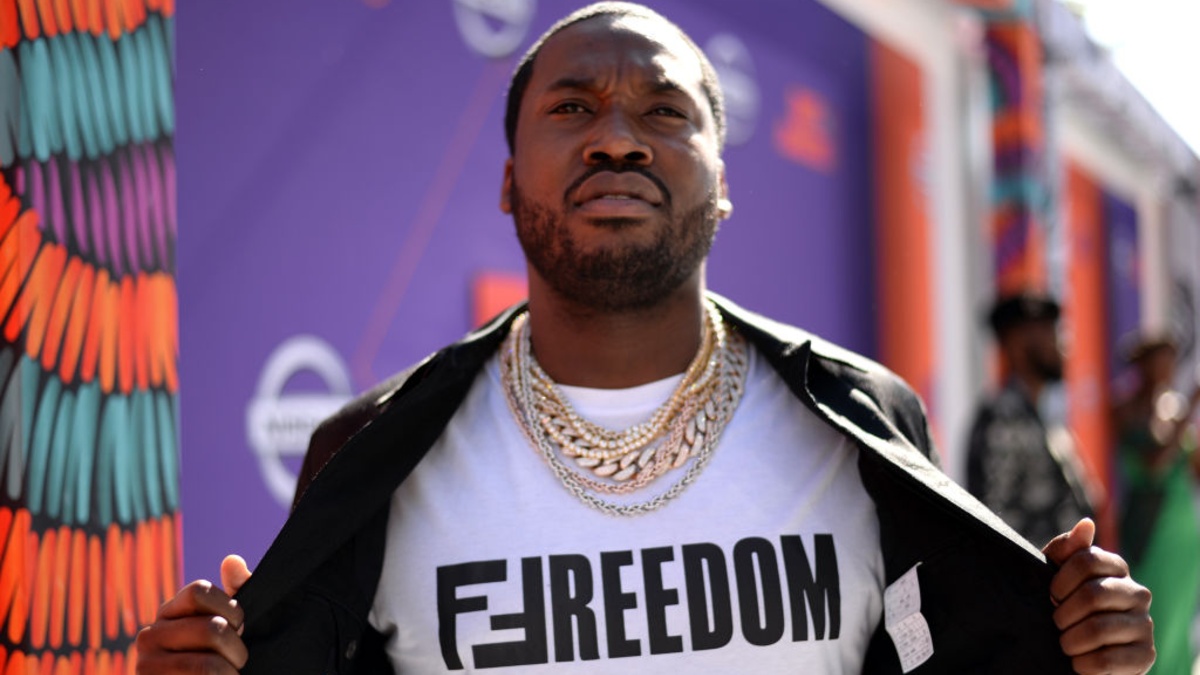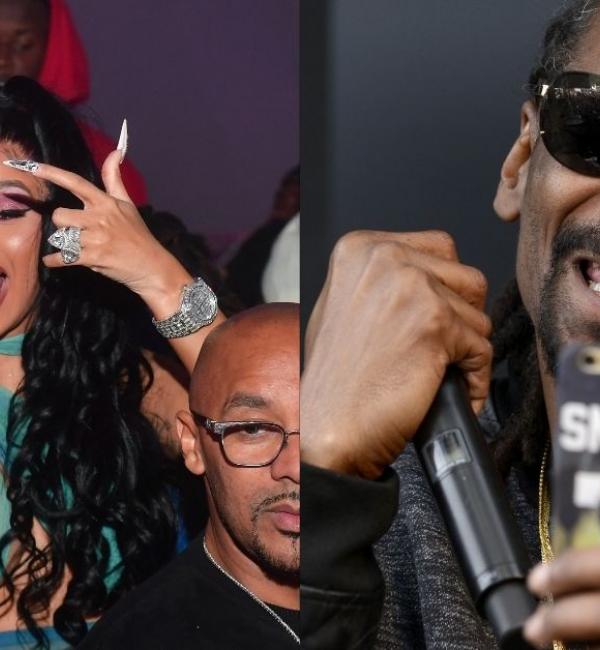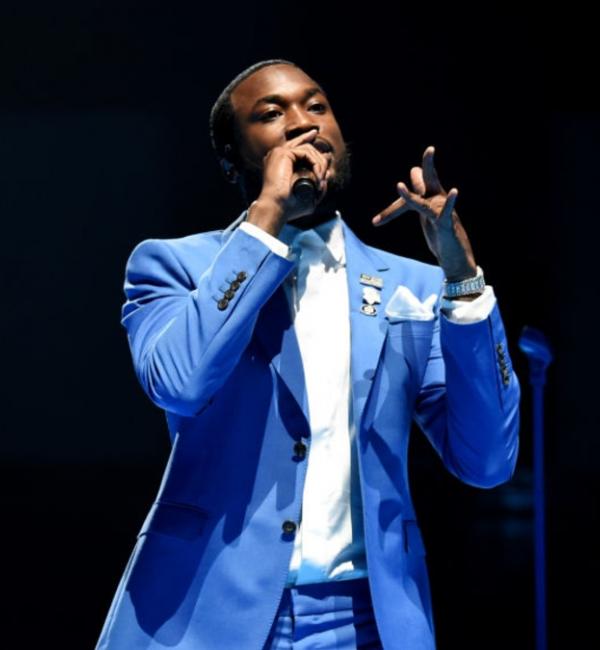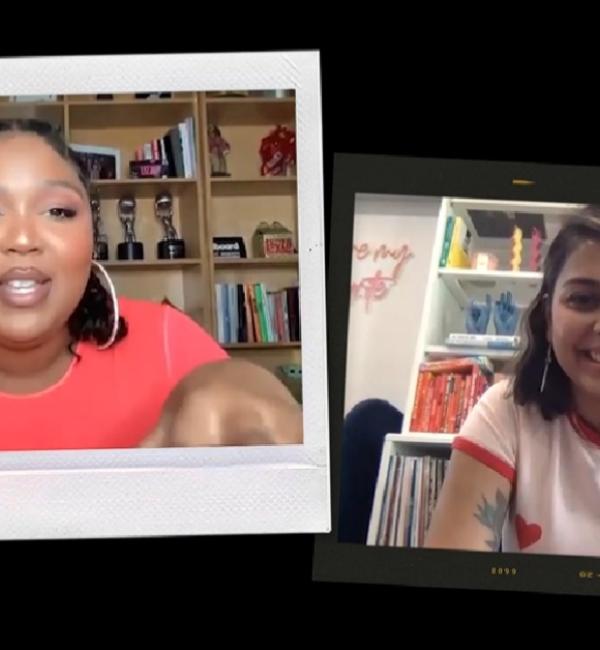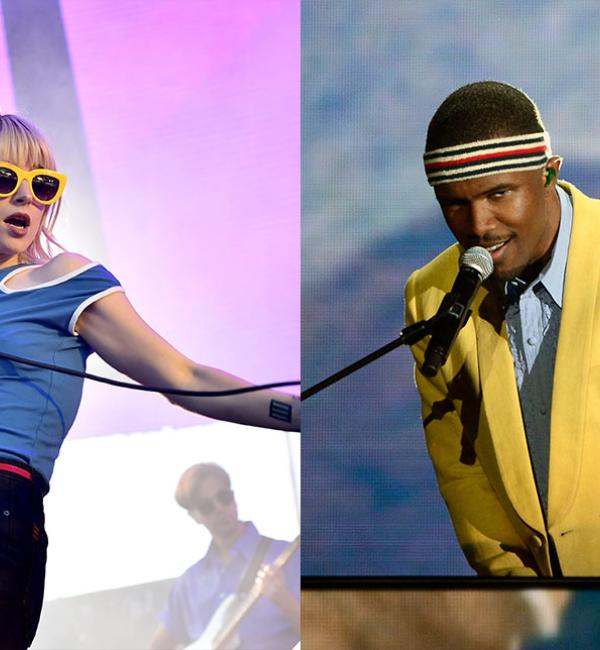
Meek Mill's new track, Otherside Of America, sees Meek breaking down the experience of the Black community in America, amidst the continuing fight against racism that was recently highlighted by the death of George Floyd at the hands of Minneapolis police officer Derek Chauvin.
We've taken a look at some of the most important bars from the politically-charged track - it sees Meek using his platform for good, and speaking for those that might not have a way to get their message out there like Meek is able to.
What do you have to lose? You’re living in poverty / Your schools are no good / You have no jobs / 58% of your youth is unemployed / What the hell do you have to lose?
Meek begins the track with a sample of a speech from US President Donald Trump as a Republican presidential nominee. Speaking in Michigan on August 16th, 2016, Trump was urging the Black American community to vote for him - and was subsequently criticised for his dog-whistling tactics.
I'm in my cell like, "When I get out, I'm makin' a movie, no Cinemax" (Woo)
Meek found himself in jail reflecting on the injustices of America, and vowed it was time to make a change. Cinemax is a pay-TV streaming platform in America, and when he got out Meek didn't want to sit by and watch what was going on around him, but change the circumstances in America that were affecting him and his people.
Stomach growlin' like a AMG, goin' to bed, we hungry
Here Meek contrasts the sound a Mercedes AMG makes, with the struggles faced by the Black community. AMGs are quite expensive, so the bar juxtaposes the car's price tag with the notion that at the time he wasn't able to find food - illustrating the inequalities that exist within American society.
Reportin' live from the other side (Yeah) / Same corner where my brothers died (Yeah)
Meek wants people to know that he's speaking for the portion of America that doesn't always get spotlighted in the media. The Black experience is one that isn't truly understood, so Meek has taken it upon himself to express the community's frustration and anger at their treatment in what is a racist America.
I always dreamed to be on CNN to be able to express myself and speak for the voiceless young men of America
He ends the track with a sample from a 2018 interview he did with CNN, where Meek told them it was a dream of his to be on the channel - and spoke about the fact that he grew up in a neighbourhood where police weren't there to protect him.
